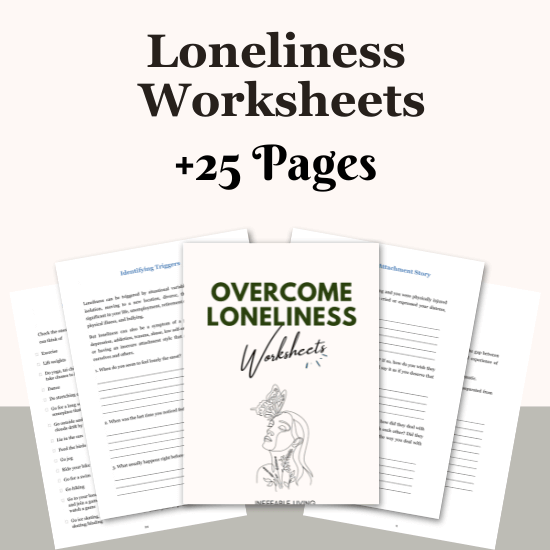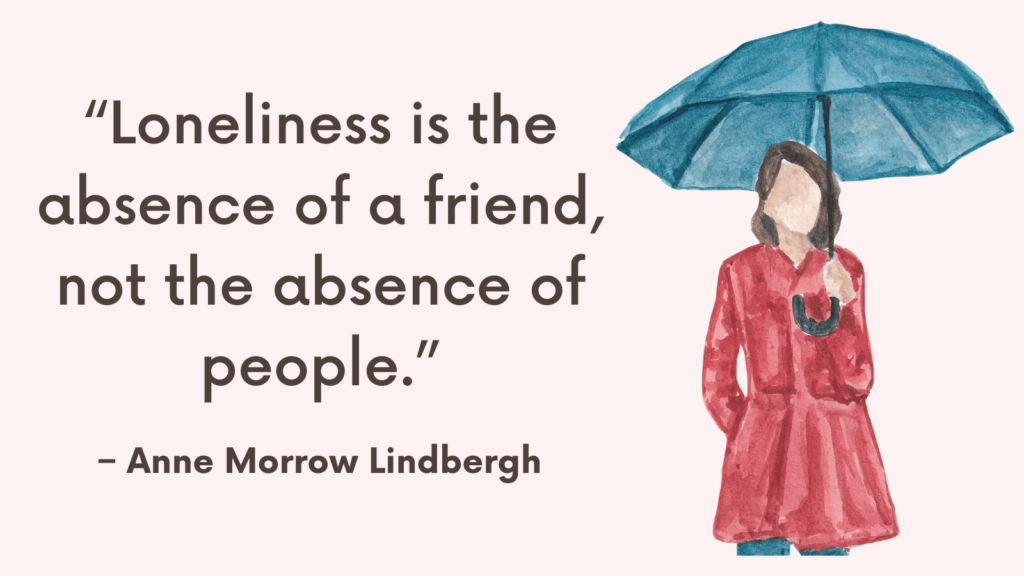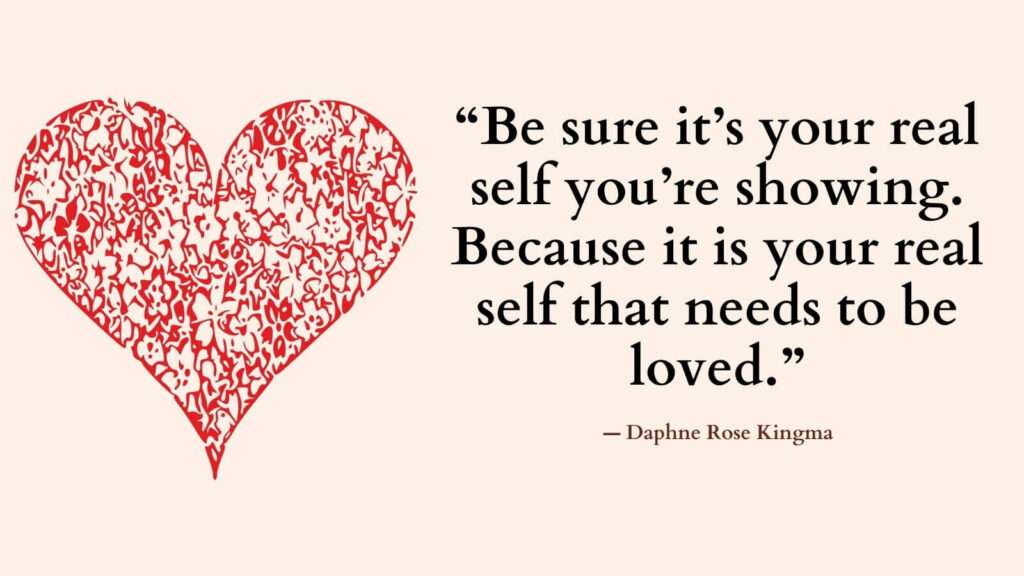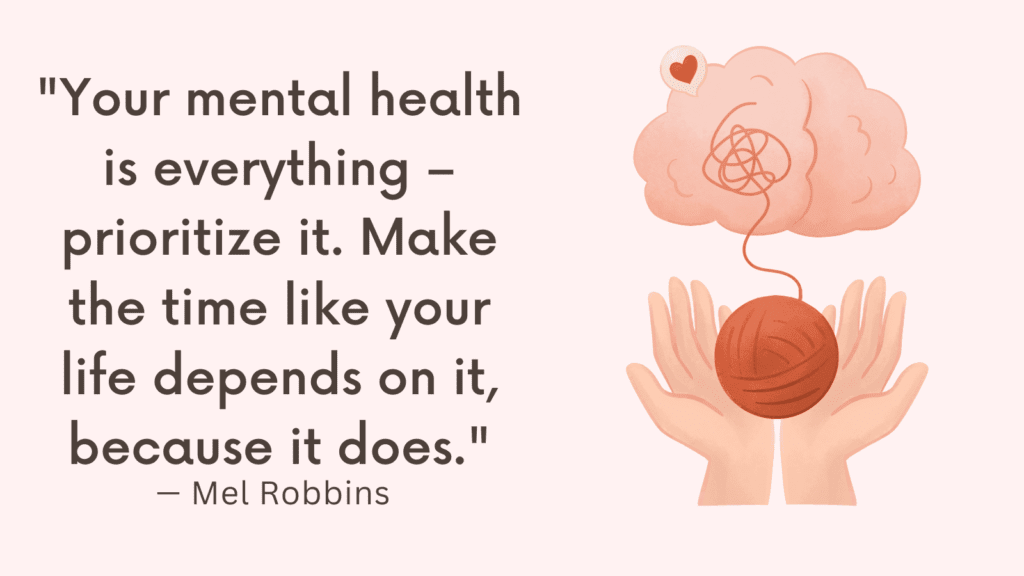Living alone for the first time? Here are some helpful tips to cope with the challenges of living alone.
The Challenges of living alone
Living alone can present various challenges that may impact an individual’s well-being. Some of these challenges include:
1. Social Isolation:
Living alone can lead to a lack of regular social interaction and companionship, which may contribute to feelings of loneliness and isolation.
2. Emotional Support:
The absence of immediate emotional support within the living environment can pose challenges when coping with stress, managing difficult emotions, or seeking comfort during challenging times.
3. Self-Reliance:
Managing household responsibilities, making decisions, and dealing with unexpected situations without the presence of a cohabitant can require a higher level of self-reliance, which may become overwhelming at times.
4. Safety and Security Concerns:
Individuals living alone may experience heightened concerns about personal safety and security, particularly in the absence of a co-resident for support or assistance.
5. Emotional Well-Being:
The experience of solitude and the absence of daily companionship can impact emotional well-being, potentially leading to feelings of emptiness or lack of fulfillment.
6. Financial Responsibilities:
Managing household expenses, budgeting, and financial decision-making as a sole occupant can present unique challenges, particularly when unexpected costs arise.
Acknowledging these challenges is an important step in understanding the impact of living alone on an individual’s psychological and emotional well-being.
Related: How Do Widows Cope With Loneliness? Top 10 Ways
Living Alone For The First Time? Top 8 Tips to Cope
Here are evidence-based strategies to help you cope effectively with living alone.
1. Acknowledge and Normalize Your Feelings:
It’s essential to recognize that experiencing a range of emotions when living alone is a normal part of the process.
Acknowledge feelings of loneliness or uncertainty without judgment.
Validating your emotions can be an important first step in coping with the challenges of solo living.
Find healthy outlets for expressing your emotions.
This can include journaling, talking to a trusted friend or family member, or engaging in creative activities such as art or music.
Expressing your feelings can reinforce their validity and provide a sense of release.
2. Cultivate Social Connections:
Building and maintaining social connections is crucial for combating feelings of isolation.
Actively seek out opportunities to engage with others, whether through community events, hobby groups, or social gatherings.
Prioritizing regular interactions with friends, family members, or colleagues can provide a sense of belonging and support.
Related: Am I Lonely Quiz (+ Top 5 Tips To Overcome Loneliness)
3. Embrace Alone Time:
While living alone can sometimes lead to feelings of isolation, it’s important to embrace and appreciate the freedom and autonomy that solo living offers.
Use alone time as an opportunity for self-reflection, personal growth, and pursuing activities that bring you joy.
Developing a positive relationship with solitude can enhance overall well-being.
4. Develop Self-Reliance Skills:
Solo living often necessitates a higher level of self-reliance.
Building practical skills, such as cooking, home maintenance, and financial management, can increase confidence and reduce the challenges associated with living alone.
Investing in self-care practices and developing a healthy routine can promote self-efficacy and emotional resilience.
Related: Best 10 Nonfiction Books About Loneliness
5. Prioritize Physical Health:
Maintaining physical health is integral to overall well-being, particularly when living alone.
Engage in regular physical exercise, practice healthy eating habits, and prioritize adequate sleep.
Physical wellness can significantly impact emotional resilience and provide a sense of vitality when navigating the challenges of solo living.
6. Create a Comfortable Living Environment:
Establishing a comfortable and inviting living space is essential for promoting a positive solo living experience.
Personalize your home to reflect your interests and preferences, cultivate a calming ambiance, and designate areas for relaxation and leisure.
Creating a comforting environment can contribute to a sense of security and well-being.
Related: Best 50 Journal Prompts For Loneliness
7. Engage in Meaningful Activities:
Pursuing hobbies, creative outlets, and meaningful activities can alleviate feelings of loneliness and enhance overall satisfaction with solo living.
Engage in activities that bring you joy, whether it’s artistic expression, volunteering, or learning new skills.
Cultivating a fulfilling lifestyle can contribute to a sense of purpose and contentment.
8. Practice Mindfulness and Self-Reflection:
Incorporating mindfulness practices into your daily routine can help manage stress and promote emotional well-being.
Mindfulness techniques, such as meditation and deep breathing exercises, can foster a sense of calm and presence.
Additionally, engaging in self-reflection can deepen self-awareness and promote personal growth.
Related: Best 50 Affirmations For Loneliness

Conclusion
Coping with living alone involves recognizing and addressing the multifaceted challenges associated with solo living while also embracing the opportunities for personal growth and self-discovery.
By prioritizing social connections, self-reliance, emotional well-being, and self-care practices, individuals can effectively navigate the experience of living alone and cultivate a fulfilling and resilient lifestyle.



